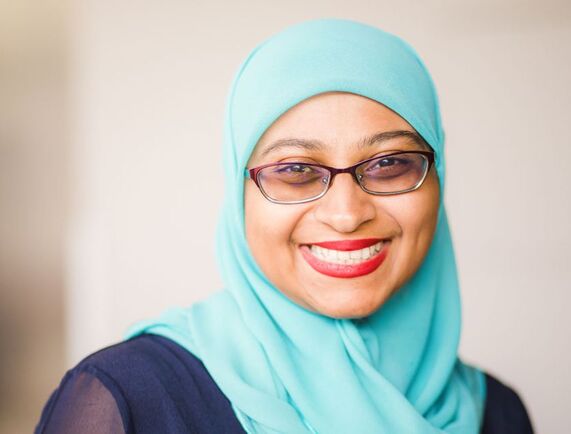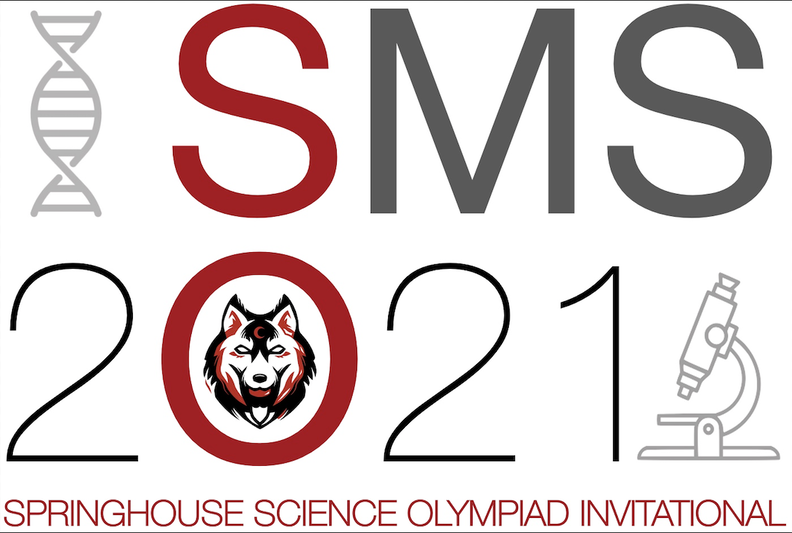Access the Rules and Logistics for our Invitational
Have questions about the rules, layout, schedule, or any other facet of the tournament? Click the button below!
Welcome to the first annual Springhouse Middle School Science Olympiad Invitational Tournament! The tournament will be hosted virtually on this Scilympiad website using the MiniSO format on March 6, 2021.
The Springhouse Invitational is open to all Division B teams across the country. Schools are welcome to have up to three teams entered. Teams will only be considered officially registered once the registration form and payment are received, also the teams are required to be registered with their respective State Science Olympiad. Medals will be awarded to the top 6 places for each event as well as trophies to the top 6 overall schools. The registration fee is $60.00 per team.
We look forward to seeing you virtually at the 2021 Springhouse Middle School Science Olympiad Invitational Tournament!
The Springhouse Invitational is open to all Division B teams across the country. Schools are welcome to have up to three teams entered. Teams will only be considered officially registered once the registration form and payment are received, also the teams are required to be registered with their respective State Science Olympiad. Medals will be awarded to the top 6 places for each event as well as trophies to the top 6 overall schools. The registration fee is $60.00 per team.
We look forward to seeing you virtually at the 2021 Springhouse Middle School Science Olympiad Invitational Tournament!
What is mini SO?
miniSO, as described on the official Science Olympiad website, soinc.org, is...
"This model is responsive to students who are still isolated in their homes and distance learning. To protect students at home without faculty supervision, we cannot allow hands-on events to be run. A chart showing acceptable events is attached. Tests can still be prepared by Event Supervisors and delivered through a variety of tech platforms, via email, or even snail mail if needed. Again, a synchronous or asynchronous model can work. We may be able to add to the list of acceptable events as the year progresses!
It's important to note that when choosing Satellite SO or mini SO for a tournament, in order to preserve as much equity as possible, all players must play the same way within a single tournament, whether it’s a Satellite SO, mini SO or an in-person, single-location tournament. We expect and understand that multiple models may be used within a state to meet varying conditions; the various options should allow you to quickly respond to a changing landscape."
miniSO, as described on the official Science Olympiad website, soinc.org, is...
"This model is responsive to students who are still isolated in their homes and distance learning. To protect students at home without faculty supervision, we cannot allow hands-on events to be run. A chart showing acceptable events is attached. Tests can still be prepared by Event Supervisors and delivered through a variety of tech platforms, via email, or even snail mail if needed. Again, a synchronous or asynchronous model can work. We may be able to add to the list of acceptable events as the year progresses!
It's important to note that when choosing Satellite SO or mini SO for a tournament, in order to preserve as much equity as possible, all players must play the same way within a single tournament, whether it’s a Satellite SO, mini SO or an in-person, single-location tournament. We expect and understand that multiple models may be used within a state to meet varying conditions; the various options should allow you to quickly respond to a changing landscape."
Our Esteemed Guest Speaker

Dr. Fathima Wakeel is an associate professor and director of graduate programs at Lehigh University’s College of Health. She has had twenty years of academic and research training in the Maternal and Child Health field. Dr. Wakeel’s research aims to produce knowledge that will help reduce racial, ethnic, and socioeconomic disparities in adverse maternal and child health outcomes. Though previous work has largely focused on identifying the differential prenatal risks (e.g. maternal stress) underlying these disparities, her research concerns the differential development of protective factors—i.e., personal capital--over the life course.
Dr. Wakeel is one of the first researchers to conceptualize and operationalize the construct of personal capital and examine its relationships with stress and adverse obstetric outcomes. She conducts quantitative, mixed-methods, and community-based participatory research that explores the measurement of personal capital, specifically among different racial/ethnic groups of women, and how it develops over the life course. In addition to her research expertise, Dr. Wakeel has six years of experience in teaching and mentoring undergraduate and graduate students, curriculum and program development, and interdisciplinary community coalition development.
Dr. Wakeel received her Ph.D. in Public Health at the University of California, Los Angeles and her Master of Public Health in Maternal and Child Health at the University of South Florida. She also received her BA in Chemistry at the University of South Florida. Her postdoctoral training includes the Agency of Healthcare Research and Quality Health Services Research and Healthcare Quality Improvement Program Fellowship and the Health Disparities Research Scholars Program Fellowship at the University of Wisconsin-Madison School of Medicine and Public Health.
Join us on March 14th to hear Dr. Wakeel discuss "Life course Epidemiology and Epigenetics: Future Directions in Population Health"

